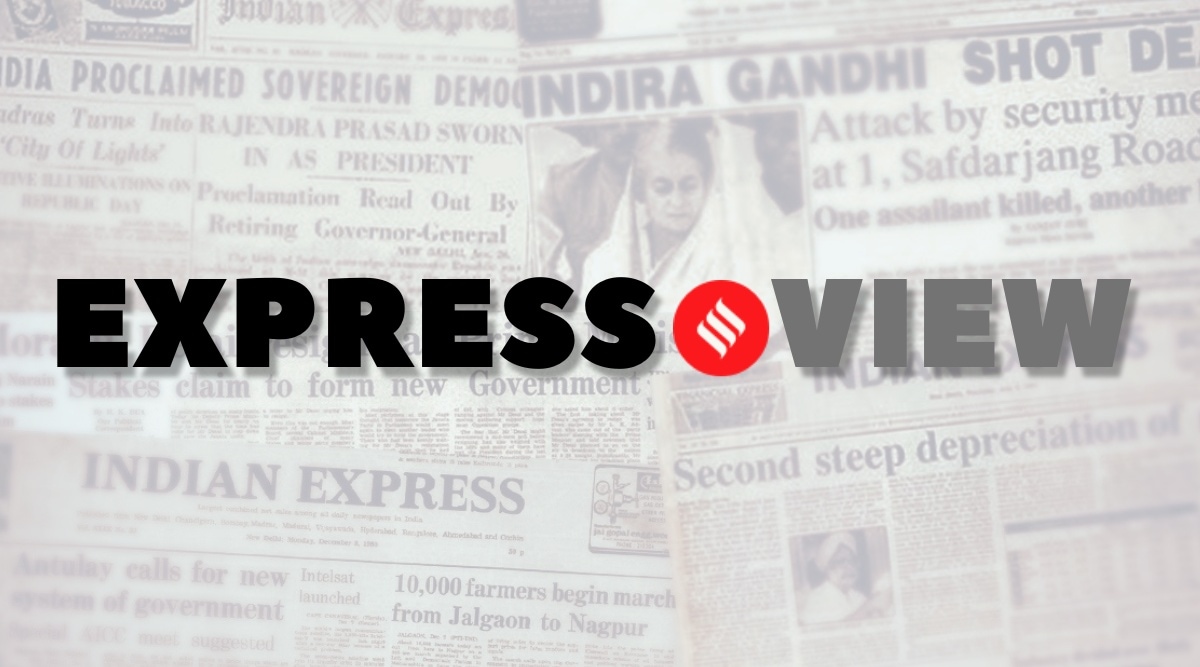 Is improving access to telephony or increasing its affordability the reason for persisting with BSNL? On both counts, the justification does not hold. At the end of March 2022, the total telephone subscriber base (both wireless and wireline) in India stood at 1.1 billion.
Is improving access to telephony or increasing its affordability the reason for persisting with BSNL? On both counts, the justification does not hold. At the end of March 2022, the total telephone subscriber base (both wireless and wireline) in India stood at 1.1 billion. On Wednesday, the Union cabinet approved yet another revival package for the beleaguered public sector telecom operator, BSNL. The package is structured around a combination of direct financial support and viability gap funding, the allocation of spectrum and a restructuring of its obligations. Its total size has been pegged at Rs 1.64 lakh crore, of which Rs 43,964 crore is a cash component, with the balance non-cash component spread over four years. The government has given a three-fold rationale for the package. One, to ease the stress on BSNL’s balance sheet. Two, to help improve its services, and three, to support the expansion of its fibre optics network across the country. However, for a government that has repeatedly espoused the view that “the government has no business to be in business”, it must first ask itself: What public purpose is being served by continuing to infuse public funds in an uncompetitive loss-making entity?
Is improving access to telephony or increasing its affordability the reason for persisting with BSNL? On both counts, the justification does not hold. At the end of March 2022, the total telephone subscriber base (both wireless and wireline) in India stood at 1.1 billion. In urban areas, the teledensity stood at 135 per cent, while in rural areas it was 58 per cent. In comparison, of BSNL’s 121.25 million subscribers, only 38 million are located in rural areas. Its market share of rural subscribers is a mere 7.39 per cent. Its private sector counterparts hold a commanding market share in rural areas as well. And moreover, on the issue of affordability, India has one of the lowest tariff rates in the world.
Turning around the PSU will require a dramatic rise in subscribers, an increase in revenues, and a reduction in costs. In the current environment of cut-throat competition, this seems difficult to envisage. While BSNL’s losses have dipped — in 2020-21, losses fell to Rs 7,441 crore, down from Rs 15,500 crore in 2019-20 — its revenues have remained flat. Though the government is making administrative allocation of spectrum to the telco for launch of 4G services — in terms of internet subscribers, BSNL has only 30 million subscribers out of a total subscriber base of 824.89 million or 3.65 per cent share — private sector operators are currently in bidding for securing 5G spectrum. Considering that the government has recently sold off its stake in the loss-making Air India — another sector where viable competitive private alternatives exist — its insistence to continue spending scarce public resources to bail out PSUs is yet another instance of throwing good money after bad.
- The Indian Express website has been rated GREEN for its credibility and trustworthiness by Newsguard, a global service that rates news sources for their journalistic standards.

